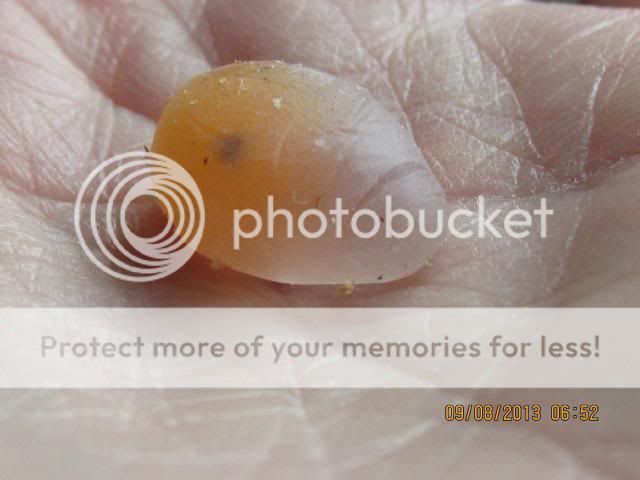MomtoPercy
New member
To those of you that breed and raise babies -
Beths thread with the adorable baby tiels, got me wondering... Out of curiosity because I don't breed and don't know these things : when do you start hand feeding a baby? And how do you do it? Do you remove the babies from mommy? If so, how do the mommies take it? What are the benefits of hand feeding other than taming the baby? Do you then take over the responsibility of weaning the baby onto solids/pellets too? Also, I've seen several references to 'bad handfeeding' that can hurt the baby - can you tell me more about this? Thanks! Looking forward to learning more about this! I have no intention of breeding but I am very interested in what happens to the babies before they are sold
Beths thread with the adorable baby tiels, got me wondering... Out of curiosity because I don't breed and don't know these things : when do you start hand feeding a baby? And how do you do it? Do you remove the babies from mommy? If so, how do the mommies take it? What are the benefits of hand feeding other than taming the baby? Do you then take over the responsibility of weaning the baby onto solids/pellets too? Also, I've seen several references to 'bad handfeeding' that can hurt the baby - can you tell me more about this? Thanks! Looking forward to learning more about this! I have no intention of breeding but I am very interested in what happens to the babies before they are sold


